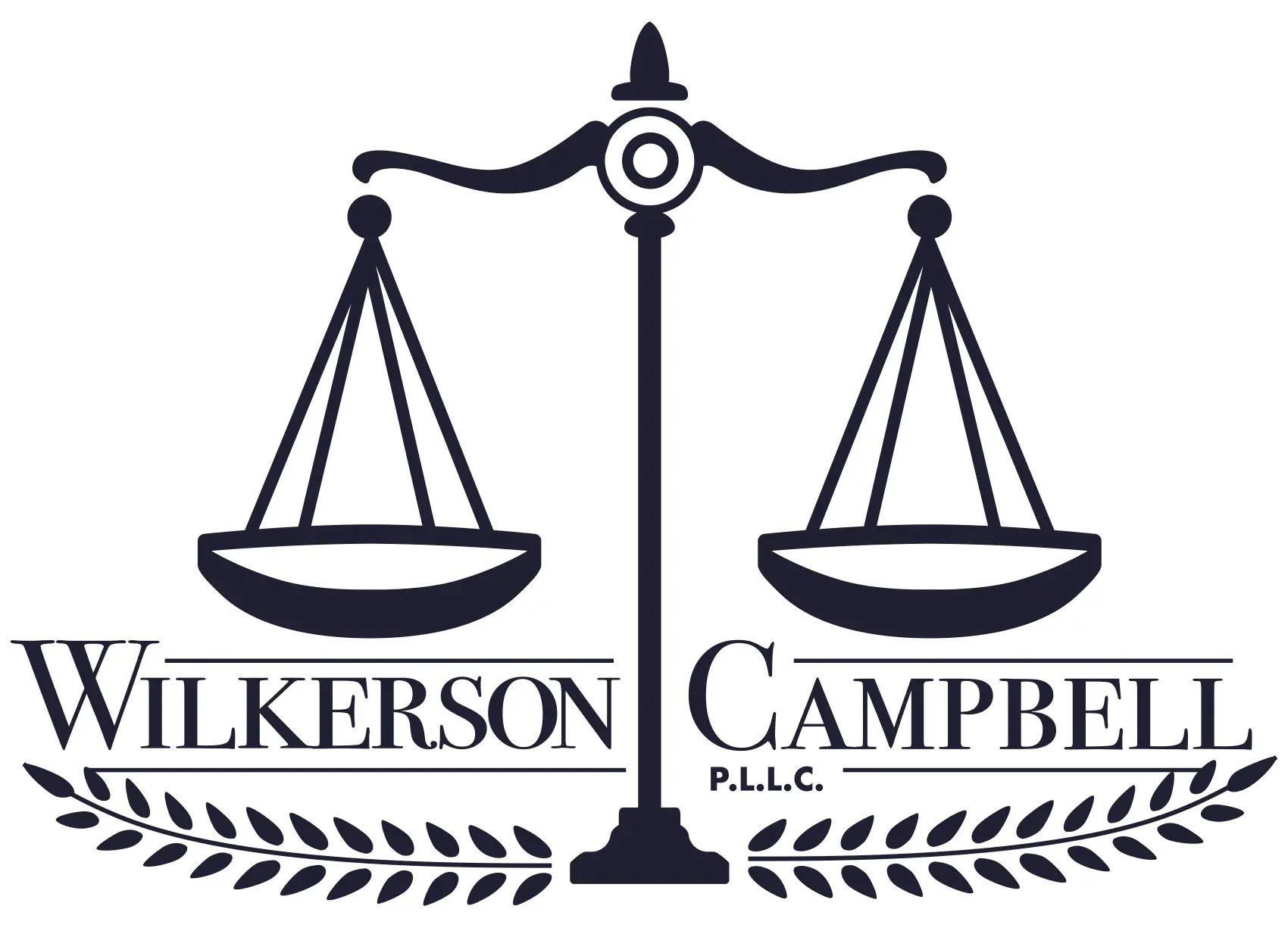Sentencing
Sentencing in Texas Criminal Cases – Wilkerson & Campbell Law
At Wilkerson & Campbell, we understand that the sentencing phase is a pivotal moment in any criminal case. Whether you’re facing a misdemeanor or felony charge, our experienced attorneys are here to guide you through the complexities of Texas sentencing laws and advocate for the most favorable outcome.
Understanding Sentencing in Texas
Sentencing occurs after a defendant is found guilty at trial or enters a guilty plea. The punishment imposed depends on various factors, including the severity of the offense, the defendant’s criminal history, and any mitigating or aggravating circumstances.(The Torres Attorneys)
Sentencing Ranges in Texas
Texas law categorizes crimes into misdemeanors and felonies, each with specific sentencing ranges:
Misdemeanors
Class C Misdemeanor: Punishable by a fine up to $500.
Class B Misdemeanor: Up to 180 days in jail and/or a fine up to $2,000.
Class A Misdemeanor: Up to 1 year in jail and/or a fine up to $4,000.
Felonies
State Jail Felony: 180 days to 2 years in a state jail facility and a fine up to $10,000.(Deandra Grant Law)
Third-Degree Felony: 2 to 10 years in prison and a fine up to $10,000.
Second-Degree Felony: 2 to 20 years in prison and a fine up to $10,000.
First-Degree Felony: 5 to 99 years or life in prison and a fine up to $10,000.(Criminal Appeals Advocates, P.C.)
Capital Felony: Life imprisonment without parole or the death penalty.(Texas Statutes)
Note: Sentencing enhancements may apply for repeat offenders or crimes involving specific circumstances, potentially increasing the severity of the punishment.
Factors Influencing Sentencing
Several elements can impact the sentencing outcome:(Criminal Appeals Advocates, P.C.)
Criminal History: Prior convictions can lead to enhanced penalties.
Nature of the Offense: Violent or particularly egregious crimes may result in harsher sentences.
Mitigating Circumstances: Factors such as lack of prior offenses, remorse, or cooperation with law enforcement can influence leniency.
Aggravating Circumstances: Use of a deadly weapon, harm to vulnerable victims, or crimes committed during another felony can increase severity.
Sentencing Hearings
In Texas, sentencing may occur immediately following a guilty verdict or at a separate hearing. During the sentencing phase:
Presentence Investigation Report (PSI): The court may order a PSI to gather comprehensive information about the defendant’s background.
Victim Impact Statements: Victims may provide statements detailing the impact of the crime.
Defense and Prosecution Arguments: Both sides can present evidence and arguments to influence the sentencing decision.
Alternative Sentencing Options
Depending on the case specifics, alternative sentencing options may be available:
Probation (Community Supervision): Allows the defendant to serve their sentence under supervision outside of jail or prison.
Deferred Adjudication: The court defers a finding of guilt, and upon successful completion of probation, the case may be dismissed.
Fines and Restitution: Monetary penalties paid to the court or restitution to victims.
Community Service: Performing a set number of service hours in lieu of incarceration.
Why Choose Wilkerson & Campbell
Our legal team is dedicated to achieving the best possible outcomes for our clients. We offer:
Expertise in Texas Criminal Law: In-depth knowledge of state sentencing guidelines and procedures.
Personalized Defense Strategies: Tailored approaches considering the unique aspects of your case.
Advocacy for Alternative Sentencing: Pursuing options that may reduce or eliminate incarceration.
Comprehensive Support: Guidance through every step of the sentencing process.
Take the Next Step
If you or a loved one is facing sentencing in Texas, it’s crucial to have experienced legal representation. Contact Wilkerson & Campbell at 844-849-9789 to schedule a consultation. Let us help you navigate the sentencing process and work toward the most favorable outcome.
Categories
- No categories
